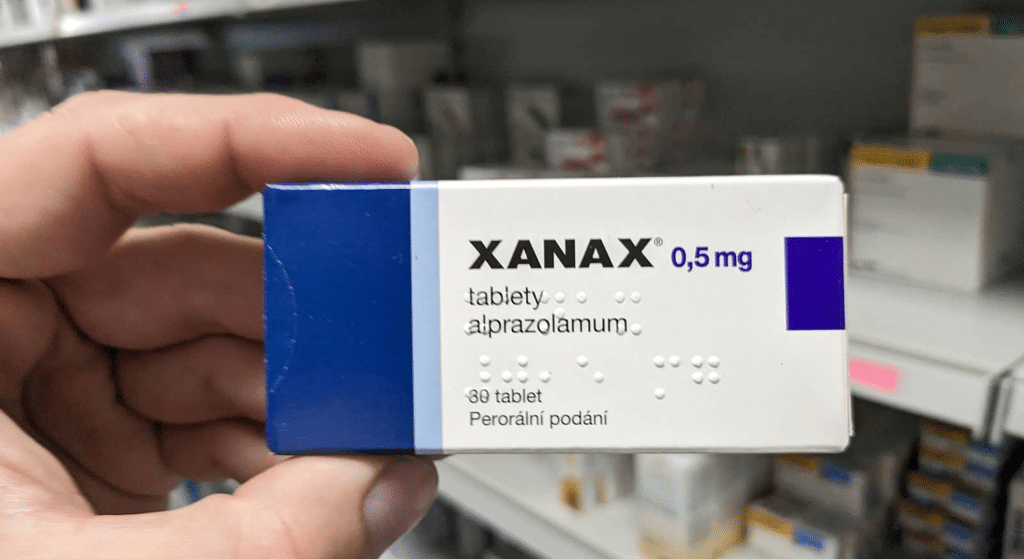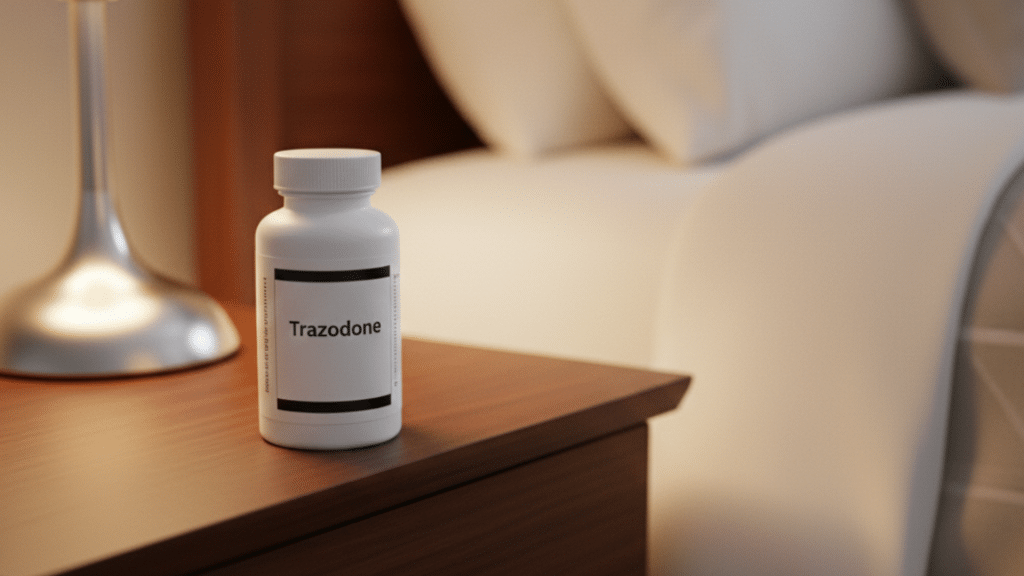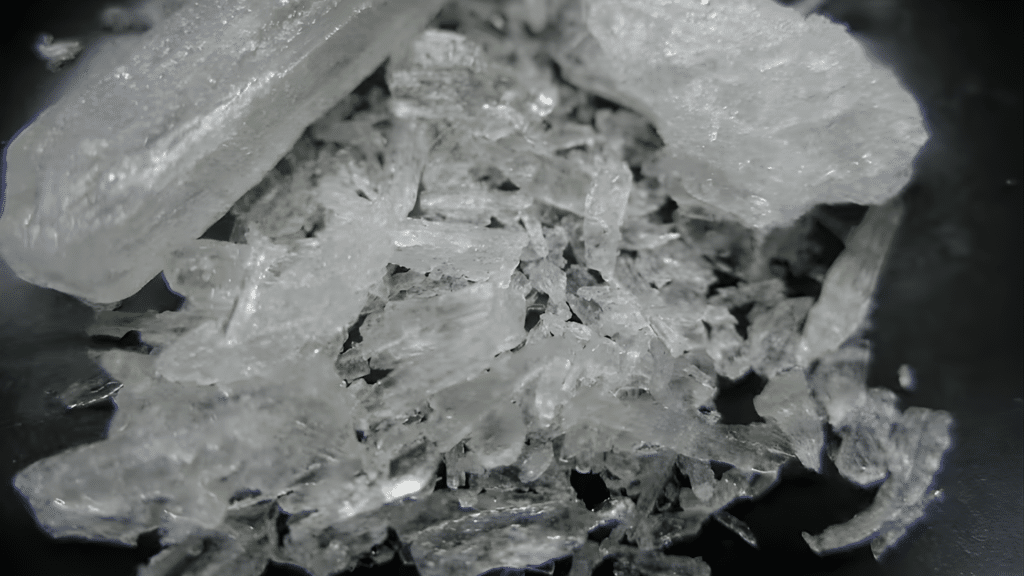I know the feeling, you’re happily enjoying a few CBD gummies, and then it hits you: it’s been days since your last proper bathroom visit. Not exactly a fun surprise, right?
I’ve been there too, standing in the kitchen, wondering if those little treats I love so much are secretly causing my tummy to protest. If this sounds like your life right now, trust me, you’re not alone.
Let’s unpack why this happens and what you can do to feel lighter and more comfortable again.
What’s Inside Gummies?
Not all gummies are created equal. What goes into your gummy can make a big difference in how your stomach handles them.
Candy gummies are pretty straightforward. Think of your classic gummy bears or worms. They’re packed with:
- Sugar
- Gelatin
- Artificial sweeteners like sorbitol or maltitol
- Food coloring to make them pretty
- Natural and artificial flavors
Supplement gummies are a different beast entirely. Whether we’re talking about vitamin gummies, CBD gummies, or THC edibles, these often contain:
- The same base ingredients as candy gummies
- Added fiber
- Oils to help your body absorb fat-soluble vitamins
- Active compounds like CBD oil, THC extract, or concentrated vitamins
- Sometimes iron, calcium, or other minerals
Why does this matter for your digestive system? Well, your gut treats different ingredients in very different ways. Some might slow things down, while others could speed them up or cause other digestive drama.
Do Gummies Make You Constipated?
Yes, gummies can cause constipation in some people. But it’s not a guarantee, and it depends on what type of gummies you’re eating and how your body reacts to them.
Let’s break down the main culprits:
Sugar and Gelatin
Regular candy gummies are basically sugar bombs with very little fiber. When you eat a lot of sugar without fiber, your digestive system can slow down.
Plus, gelatin can be a bit sticky as it moves through your system, which doesn’t exactly help things move along smoothly.
Artificial Sweeteners
This one’s tricky. Sugar-free gummies often contain sorbitol or maltitol, which can actually have the opposite effect for many people.
Instead of constipation, these sweeteners might give you gas, bloating, or even diarrhea. But everyone’s different, so some people might still experience slower digestion.
CBD Gummies
CBD affects something called the endocannabinoid system, which plays a role in digestion. Some CBD users report that it slows down their digestive process, leading to constipation. It’s not super common, but it happens.
Staying hydrated and incorporating fiber-rich foods can help minimize this effect. If constipation persists, adjusting the dosage or consulting a healthcare professional may be necessary.
THC Gummies
THC can also affect your gut motility (how quickly things move through your intestines). Some people find that THC makes them constipated, especially if they’re new to cannabis edibles or taking higher doses.
Starting with a lower dose and gradually increasing it can reduce the likelihood of digestive issues. Additionally, combining THC gummies with regular meals may help maintain smoother digestion.
Vitamin Gummies
Here’s where things get interesting. Certain vitamins and minerals are notorious for causing constipation:
- Iron supplements are major culprits
- Too much calcium can also slow things down
Factors that Increase the Risk of Gummies Causing Constipation

You’re more likely to experience constipation from gummies if you:
- Eat way too many at once: It’s easy to do, they taste like candy! But downing half a bag of gummy bears means a lot of sugar and gelatin hitting your system at once.
- Don’t drink enough water: Dehydration is constipation’s best friend. If you’re not staying hydrated, any food that’s low in fiber can make things worse.
- Have a low-fiber diet overall: If your daily meals are already lacking in fruits, vegetables, and whole grains, adding more low-fiber foods like gummies won’t help.
- Have digestive issues already: If you deal with IBS, naturally slow digestion, or other gut problems, gummies might just add fuel to the fire.
- Take certain medications: Some medications can slow down digestion, and adding gummies to the mix might make constipation more likely.
Signs Your Gummies Might Be Affecting Your Digestion
How do you know if your gummies are the problem? Look out for these signs:
| Symptom | Description |
|---|---|
| Feeling bloated or uncomfortably full | A sensation of fullness or swelling in the abdomen |
| Stomach cramps or abdominal discomfort | Pain or tightness in the stomach area |
| Going longer than usual between bathroom visits | Reduced frequency of bowel movements |
| Stools that are harder than normal | Dry, firm, or lumpy stools that are difficult to pass |
| Feeling like you can’t completely empty your bowels | Sensation of incomplete bowel evacuation |
The tricky part is figuring out if it’s actually the gummies or something else in your diet.
Try keeping a simple food diary for a few days. Note when you eat gummies and when you have (or don’t have) bowel movements. Patterns might be visible pretty quickly.
How to Prevent Constipation from Gummies
Good news, you don’t have to give up your gummies completely! Here’s how to enjoy them without the digestive drama:
Stick to serving size: I know, I know, easier said than done when they taste so good. But those recommended serving sizes exist for a reason.
For candy gummies, that’s usually just a few pieces. For supplement gummies, follow the bottle’s instructions.
Balance them out with fiber-rich foods: If you’re having gummies as a snack, pair them with something that’ll help move things along:
- Apple slices with the skin on.
- A handful of berries.
- Some whole-grain crackers.
- Raw veggies with hummus.
Drink more water: This is digestive health 101, but it’s worth repeating. Aim for at least 8 glasses a day, and maybe an extra glass when you’re having gummies.
Consider alternatives: If gummies consistently cause you problems, there are other options:
- Traditional pills or capsules for supplements.
- Liquid tinctures for CBD or vitamins.
- Chewable tablets that don’t contain gelatin.
- Powder forms you can mix into smoothies.
When to See a Doctor
Most cases of constipation from gummies are usually mild and temporary.
However, you should contact your doctor if the constipation persists for several days despite increasing water intake and fiber, or if it’s causing significant discomfort.
This is particularly important if you’re using CBD or THC gummies for medical purposes such as chronic pain or anxiety, as your doctor should be aware of any side effects.
Seek medical attention immediately if you experience red-flag symptoms like severe abdominal pain, blood in your stool, vomiting, an inability to have a bowel movement for several days, or unexplained weight loss, as these could indicate a more serious underlying condition.
Final Thoughts
Here’s the deal: I’ve been there, and I know how frustrating it is when something you love messes with your system.
The good news? Your favorite gummies aren’t off-limits. Whether it’s your morning vitamins or those CBD gummies that help you unwind, it’s all about finding what works for you.
A few small tweaks, such as drinking more water, adding fiber-rich snacks, and not finishing half the container in one go, can make a big difference.
Listen to your body and pay attention to what it’s telling you. With a little balance and awareness, you can keep enjoying your gummies without the side effects.









